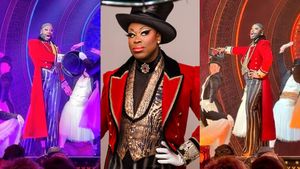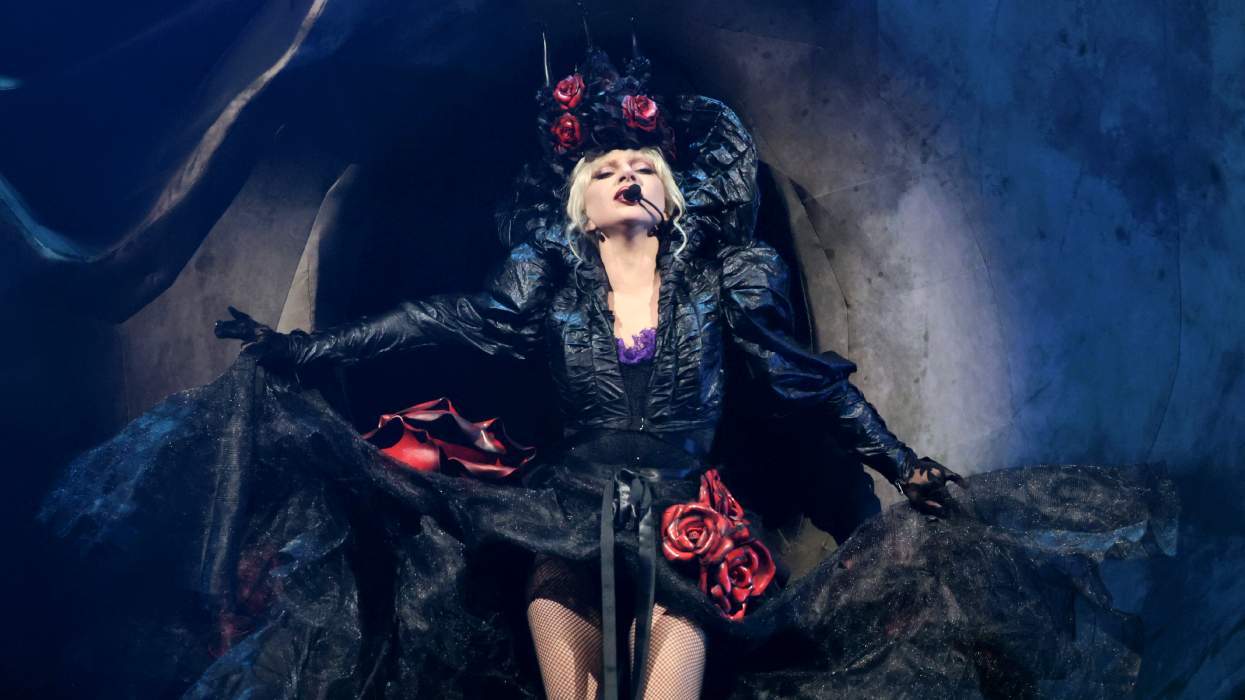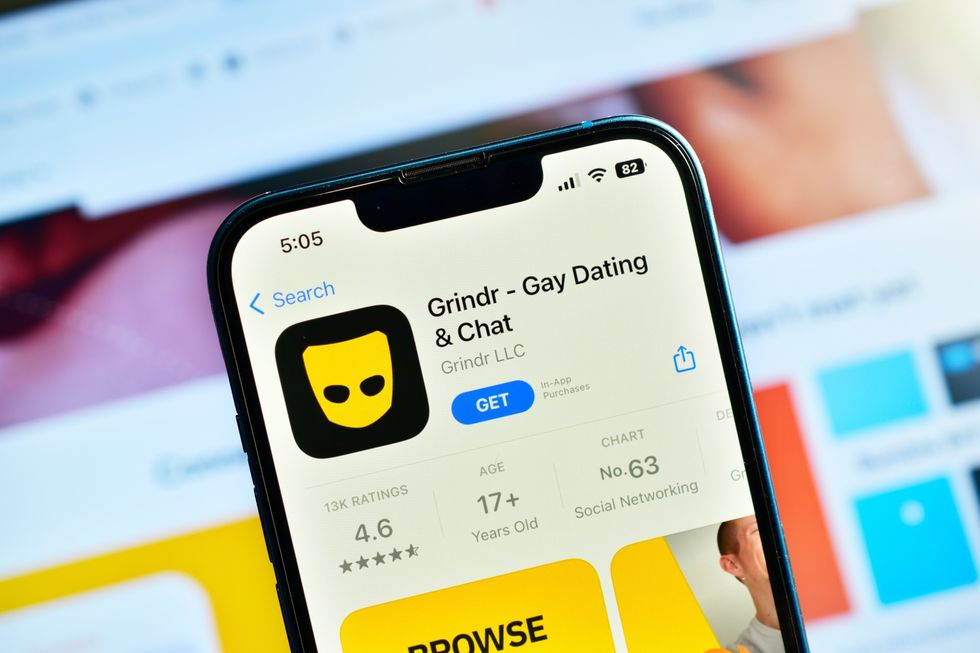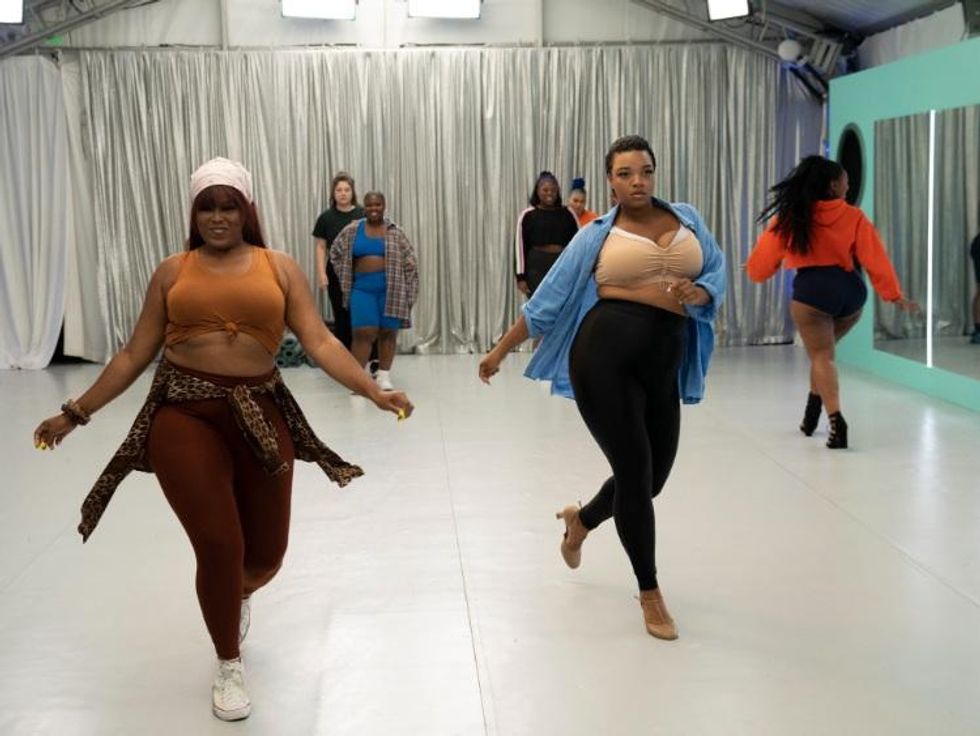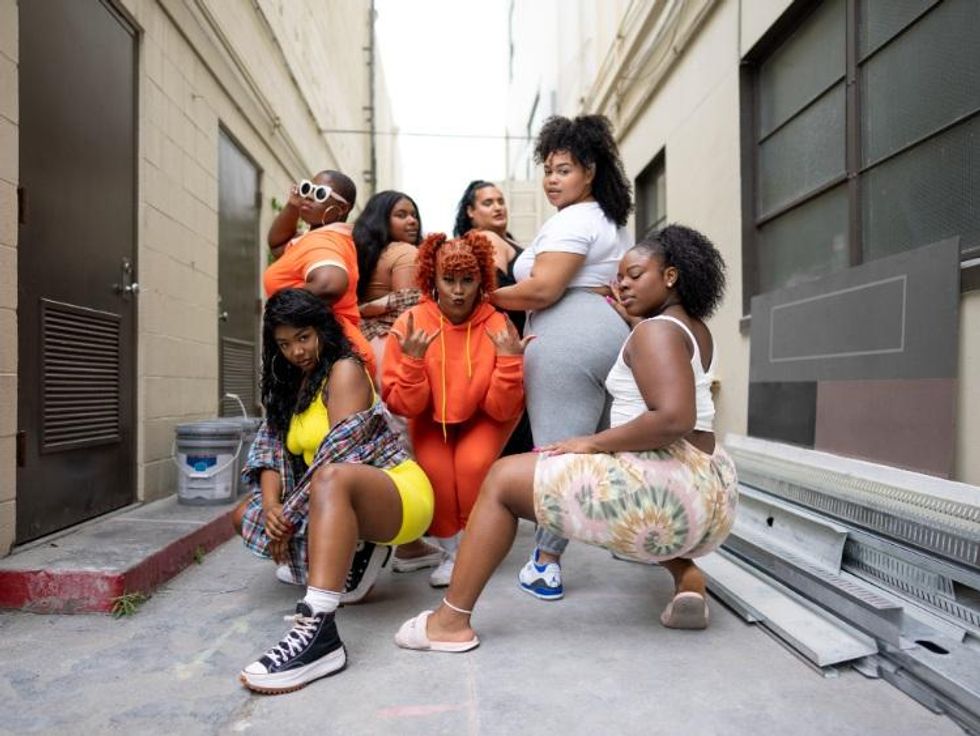Imagine the perfect morning. You get up early, eat breakfast, shower long and luxuriously, put on a killer outfit, and head out into the world. On the train, a stranger says you look beautiful. You smile and thank them. But you already knew that, didn’t you?
Now imagine the worst morning. You oversleep, stub your toe, and, without a minute to shower, have to rub down your nasty bits with a baby wipe. You’re upset, smelly, puffy, cranky, hungry, limping, riding the metro in silence while wearing yesterday’s pants. And then, someone says you look beautiful.
Are you charmed? Or are you pissed that this stranger has such a blatant disregard for the way you feel about your own body that he or she feels entitled to lie to your face just to prove a point?
I’m not an idiot. I know when I’m beautiful and when I am gross. Trying to tip the scales of my self-image equilibrium is, frankly, insulting. For that reason, I will politely and firmly request that the body positive movement never interact with me again.
Let me be clear: I’m sure the body positive movement is hugely important to a ton of people. And I will own up to the fact that there have been times that the movement has said things that really helped me. All I’m saying is that I find the movement patronizing, and that—in my life at least—it causes a lot more stress than it relieves.
Growing up without any exposure to the body positive movement, I had no choice but to create my own defenses. It was a lot of work learning how to survive in a culture as toxic as the one gay men create. Somehow I figured it out, though, and I’m proud of myself for the work I put in.
So when I’m in the Greyhound station bathroom and there’s a post-it saying "You Are Beautiful" blocking my reflection in the mirror, you can understand why I might find it glib.
I don’t care if I’m beautiful right now! I’m late for my damn bus!
I resent the assumption that I am a passive receiver of the media’s negativity. I resent the assumption that the best defense I have against self-hatred is a vague affirmation by someone who has never laid eyes on me. I resent the assumption that I believe my body is imperfect, and that I’ve been waiting for someone to tell me otherwise.
If anything, having to face the constant reminders that I should actively be feeling good about my body makes me more self-conscious, not less. For the 20 pages of Martha Stewart Living before the ad popped up reminding me that “Your Body is Perfect,” I had forgotten that I always need to be aware of my physical form. The ad drags me back to self-awareness, and also implies that I was, for some reason, already feeling ashamed of my body while reading the first 20 pages of Martha Stewart Living.
Which brings me to my second point: the body positive movement does nothing to reduce how anxious I feel about my body. It merely changes the type of anxiety I feel. Instead of the constant pressure to have a perfect body, I have to contend with the constant pressure to love it just the way it is. The movement does not allow for a complex relationship between my self-image and my body—it just provides flat truisms about the value of all human bodies, and implies that any lapses in self-love are the result of a failure of will.
For these reasons, I respectfully ask the body positive movement to stop telling me I’m beautiful. I appreciate the intention, but I categorically reject any and all movements that tell me how I should feel about myself.
Please, let me feel bad about my body when I wake up with the flu and one of my eyes is crusted shut. Let me feel good about myself when I’ve eaten my obligatory kale and remembered to put on socks. And please don’t tell me I’m beautiful unless you’ve seen me enough times to know whether this rash on my neck is normal. It’s not! I ate some bad sushi! Stop trying to tell me I’m beautiful!







